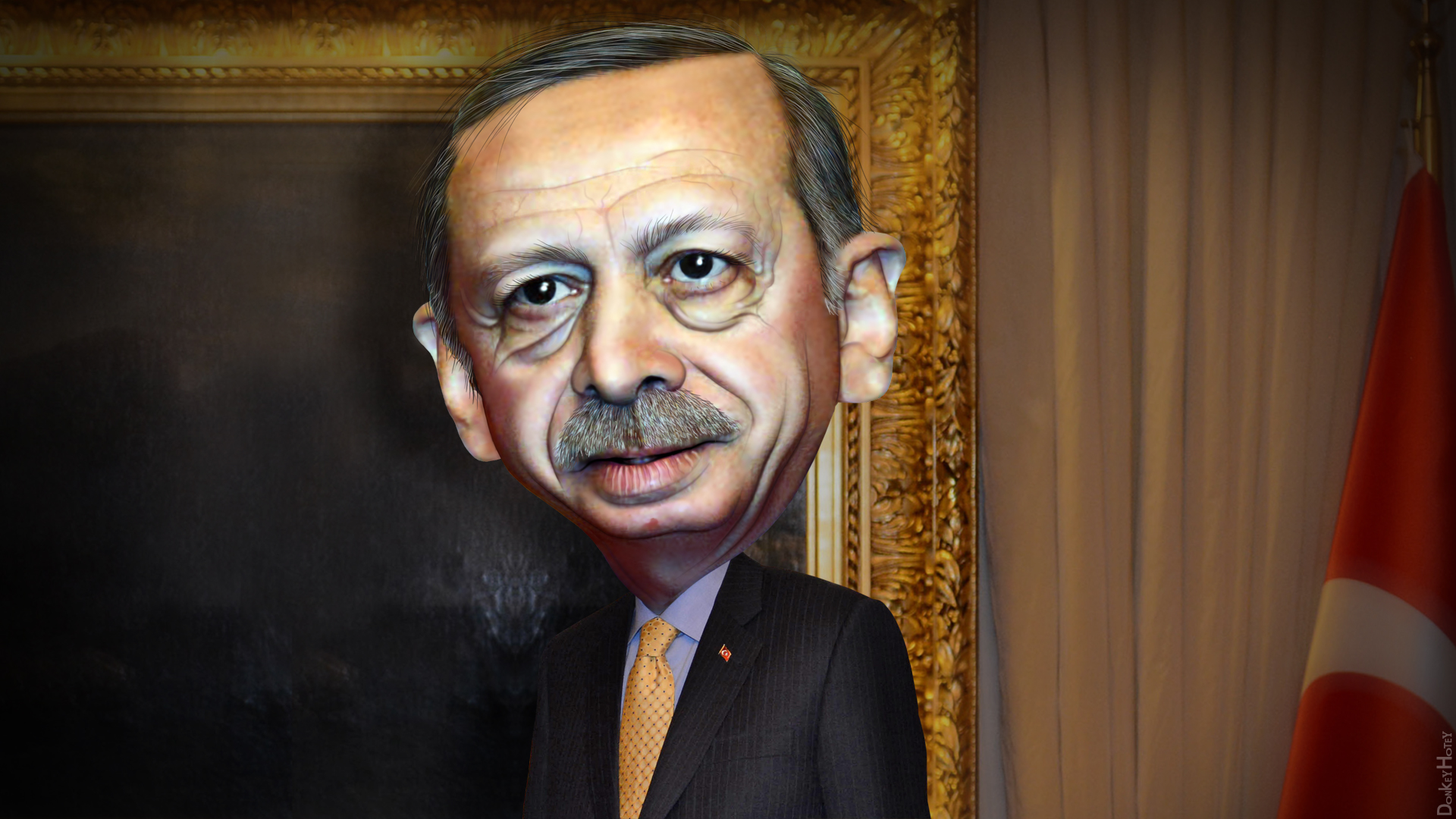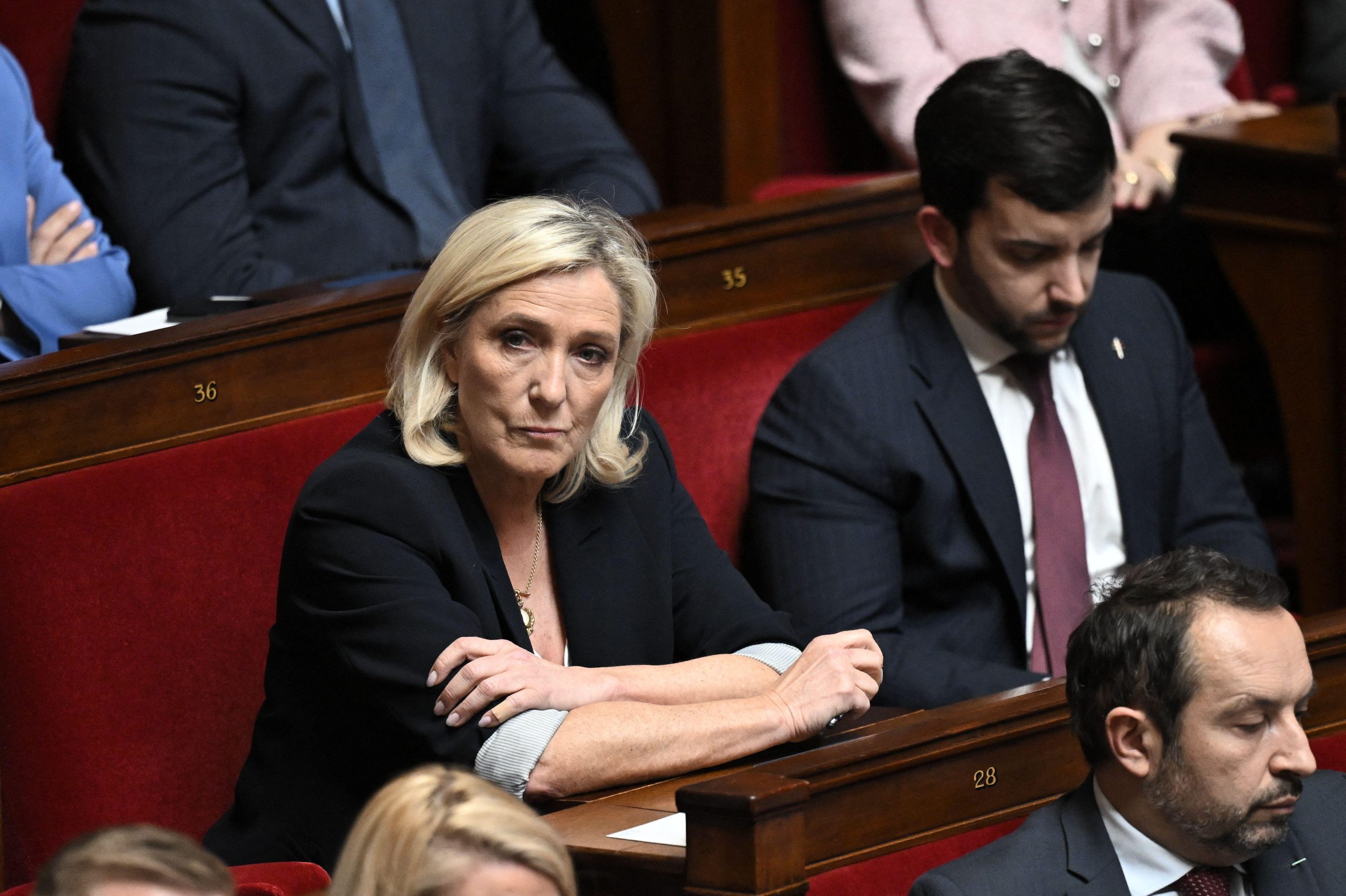[vc_row][vc_column][vc_column_text]This article is part of an ongoing series exploring the issues raised by Index on Censorship’s Monitoring and Advocating for Media Freedom project.[/vc_column_text][vc_column_text]Istanbul has been controlled by Recep Tayyip Erdoğan and his Justice and Development Party (AKP) since 1994, when Erdoğan was first elected mayor of the city. Erdoğan has repeatedly stated that, “Whoever wins Istanbul wins Turkey,” but in local elections that were seen as a referendum on his leadership, Erdoğan lost Istanbul – not once but twice. The opposition (Republican People’s Party – CHP) increased its lead over the AKP from 13,000 votes to 777,000 in the election re-run on 23 June.
“We will bring freedoms to this society, we will repair the injustices of this society,” Istanbul’s new mayor, Ekrem İmamoğlu, exclaimed to the crowd as he celebrated his victory. Under Erdoğan, civil liberties have increasingly been curtailed: since the attempted coup d’état in 2016, more than 200 journalists have been arrested or detained on account of their work. The state of emergency, which was imposed in the wake of the coup, ended last July but the chokehold on the press has continued. In the first half of 2019, Turkey accounted for 12.3% of all the alerts on the Council of Europe’s Platform for the Protection of Journalism and Safety of Journalists, a mechanism that monitors threats to media freedom in 47 countries.

Deniz Yücel
But can journalists soon hope to be able to carry out their work without fear of threats or judicial harassment? Individual rulings that seem to suggest so – such as the Constitutional Court’s ruling on 28 June that Turkish-German journalist Deniz Yücel’s year-long detention was illegal – should not be interpreted as indicators of the AKP’s weakening grip on the judiciary. As Sinan Ülgen of the Edam think-tank wrote the day after the Istanbul election re-run, “very little” may change in the near term.
In June, journalists in Turkey continued to face judicial harassment in the form of investigations, police raids, detentions, and travel bans. On 12 June, 27 employees of the defunct Kurdish-language daily Azadiya Welat became the subjects of an investigation by Diyarbakır Chief Public Prosecutor’s Office. Three days later, in a separate case, seven journalists were taken into custody during a police raid on Etkin News Agency (ETHA) in Istanbul. They were held at the Security Branch of Istanbul Security Directorate for four days, before being released under travel bans.
A newspaper close to the ruling party called the CHP’s win a “ballot box coup d’état”. When Erdoğan’s leadership was challenged by the 2013 Gezi Park protests or the 2016 coup, he responded by further choking dissenting voices. This time, will his response be different?[/vc_column_text][vc_basic_grid post_type=”post” max_items=”4″ element_width=”6″ grid_id=”vc_gid:1562165496706-c1b57e11-b6c6-3″ taxonomies=”8996″][/vc_column][/vc_row]






